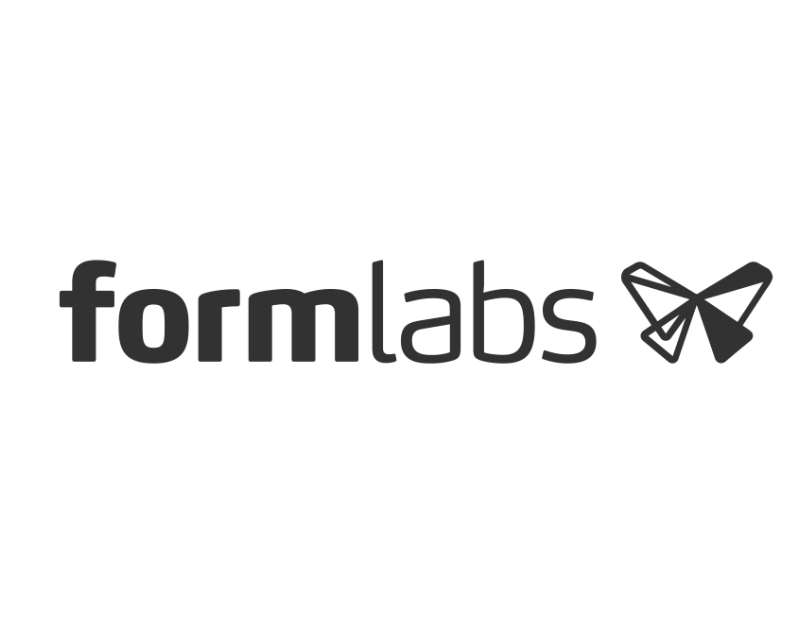
I’ve noticed that Formlabs continues to grow their reseller program to market their 3D printing products.
The company began by selling equipment “direct”, meaning directly from the company to consumer, which they still do to this day. To buy equipment you merely proceed to their main website and pick the items you require. They are then shipped to you promptly.
3D Printer Reseller Concept
While that seems quite efficient, and it is, it is not able to capture the widest possible market share, as some companies are reluctant to buy direct. Why so? Because many organizations feel the need for close contact and support, something that can’t easily be done when ordering from a distant provider.
Resellers are typically local or regional operations that have “boots on the ground” that can physically visit and support clients. Typically they “resell” a series of products from different manufacturers to provide an complete set of options for clients, often well beyond what a single product manufacturer could do. For that reason many companies are far more comfortable working through a reseller than ordering direct. An analogy might be that the reseller acts like a general contractor on a home building project, so that the buyer doesn’t have to go looking for all the solutions required.
A few years ago Boston-based Formlabs smartly set up a European office to address the specific needs of that region. It’s not only language that might be different, but also time zones, taxation, regulations, buying procedures and even business culture. With their European office, Formlabs was able to quickly expand their sales across Europe.
Resellers can be a very powerful force for increasing sales, as they each come equipped with long lists of existing clients that can potentially become buyers for any new products. It’s like hiring a fleet of salespeople at no cost, and that’s attractive to many manufacturers.
Formlabs now has a global reseller network, with operations currently in over 100 countries via more than 400 individual resellers. That’s a pretty decent size, and demonstrates the sales force power the company has access to.
Many other 3D printer manufacturers use resellers, and some have rather large worldwide reseller “networks” that power sales activity. Perhaps the most notable of this group is Stratasys, which might have the most impressive reseller network of all 3D printer manufacturers.
One reason for that is that a Stratasys reseller is subject to some unusual terms: they are not allowed to sell any other 3D printer manufacturers’ product. There’s one exception to this, and that is they are allowed to sell Desktop Metal gear, due to a special arrangement between the companies.
This has posed a bit of a barrier to 3D printer manufacturers attempting to grow a reseller network, as Stratasys has effectively locked up many of the premier resellers with the most client connections. Some, like HP, have “gone around” the issue by organizing methods of direct selling.
Back to Formlabs.
I accidentally bumped into a “Reseller” page on their website, where they say:
“Interested in becoming a Formlabs reseller?
Thank you for your interest in Formlabs. If you are interested in future partnership opportunities, please fill out this form so we can best approach you when we are ready. We appreciate your interest and look forward to learning about your business.”
This suggests that Formlabs continues to be interested in growing their already-large reseller network.
What I find interesting here is that in spite of the “Stratasys Reseller Barrier”, Formlabs has somehow found a way to get around the problem and establish a large network, one that no doubt provides a huge proportion of their sales.
It may be that the target resellers are different from Stratasys’ group, who typically focus on manufacturing. It could be that Formlabs’ group focuses on other application markets, such as dental. In that way they may not exactly intersect and thus Formlabs has found a way around the barrier. That’s a good strategy!
Via Formlabs
